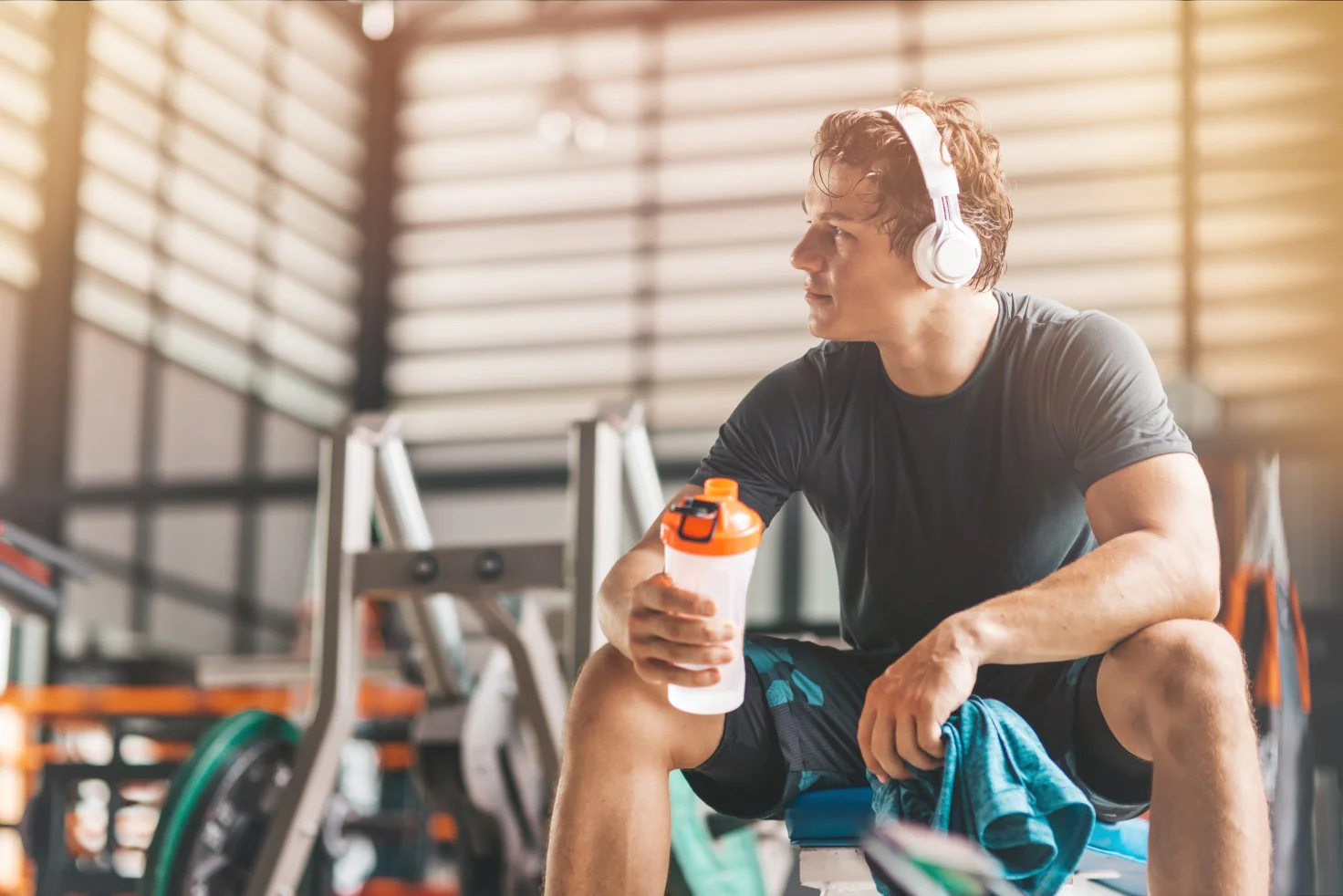While exercise itself is not a direct cause of acne, the environment and habits associated with workouts can create conditions ripe for breakouts.
The fact is that this issue is quite common among those who are active in the gym.
I will share some important insights to understand why acne breakouts occur.
Why Do We Get Acne After Workout?
As we already mentioned, it is quite a common problem among physically active people. It is essential to understand the causes to determine the proper solution and prevent it from repeating again.
Sweat and Bacteria

During exercise, the body naturally increases sweat production. While sweating is crucial for regulating body temperature, it can also create an environment conducive to acne.
Sweat mixes with the natural oils on the skin, potentially leading to clogged pores. Moreover, the moisture from sweat can become a breeding ground for bacteria, particularly Propionibacterium acnes, the primary bacteria responsible for acne.
When this bacteria overgrows, it can exacerbate skin inflammation and acne.
Friction and Pressure
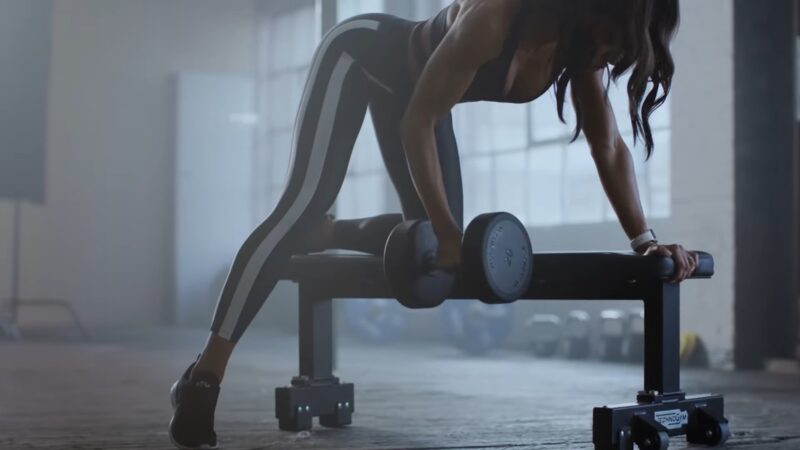
Workout activities often involve a certain degree of friction and pressure against the skin, known as acne mechanica. This is especially prevalent with tight-fitting workout clothes or equipment like helmets and straps. This constant rubbing can irritate the skin, leading to a form of acne that occurs in areas subjected to persistent friction.
Hormonal Fluctuations
Exercise can influence hormonal levels, particularly androgens, which can increase oil production in the skin. This excess oil can clog pores, leading to acne. This hormonal change is more significant in intense workouts, explaining why some individuals might experience more breakouts after vigorous exercise sessions.
If you are still a teenager, keep in mind that hormonal changes are the most common reason for facing the issue.
Post-Workout Hygiene
Post-workout habits also play a critical role in acne development. Delaying showering or washing after a workout allows sweat, oil, and bacteria to sit on the skin longer, increasing the likelihood of clogged pores and breakouts.
What Are the Best Solutions For Prevention and Treatment?
The key is to act on time, and prevent the spread and facing a more serious condition. Here are some of the best solutions.
Proper Skin Cleansing
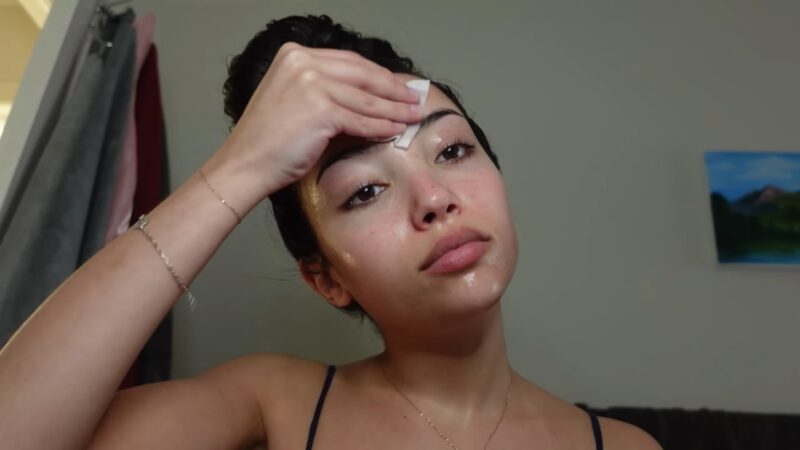
Cleansing the skin before and after workouts is crucial. Use a gentle, non-comedogenic cleanser to remove excess oil and sweat without over-drying the skin.
Harsh soaps can strip the skin of its natural oils, leading to increased oil production and potential acne flare-ups.
Appropriate Workout Attire
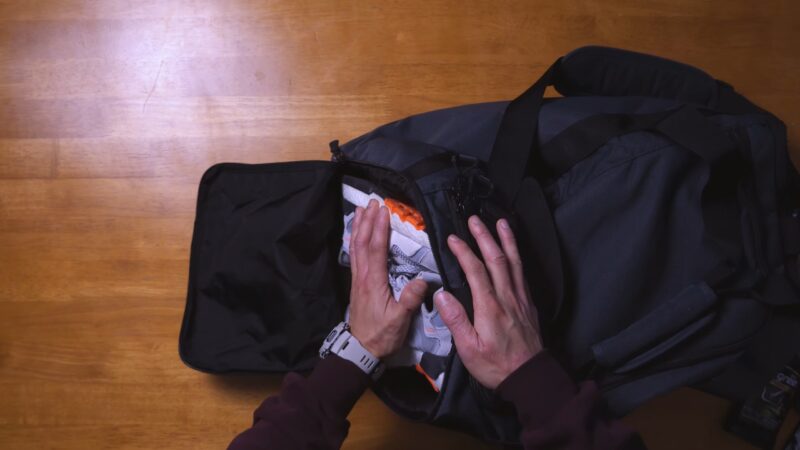
Opt for loose, breathable fabrics that minimize friction against the skin. Clothing made from materials that wick moisture away from the skin can also be beneficial.
Moisture-wicking fabrics are designed to draw sweat away from the skin, helping to keep the skin drier and reduce the risk of sweat-induced acne.
Avoid Touching Your Face
Hands can transfer bacteria and dirt to the face, exacerbating acne. Be conscious of not touching your face during workouts.
Constantly touching your face can transfer dirt and oil from your hands to your skin, potentially clogging pores and leading to breakouts.
Immediate Post-Workout Shower

Showering immediately after a workout helps remove sweat, bacteria, and oil from the skin. For those prone to acne, using body washes containing salicylic acid or benzoyl peroxide can be effective in preventing breakouts.
Delaying a shower can allow bacteria and dirt to mix with skin oils and potentially clog pores.
Use Non-Comedogenic Products
Ensure that all skincare and makeup products are non-comedogenic, meaning they won’t clog pores. This is particularly important for sunscreen and moisturizers used during workouts.
The American Academy of Dermatology recommends using non-comedogenic products for acne-prone skin.
Manage Equipment Hygiene
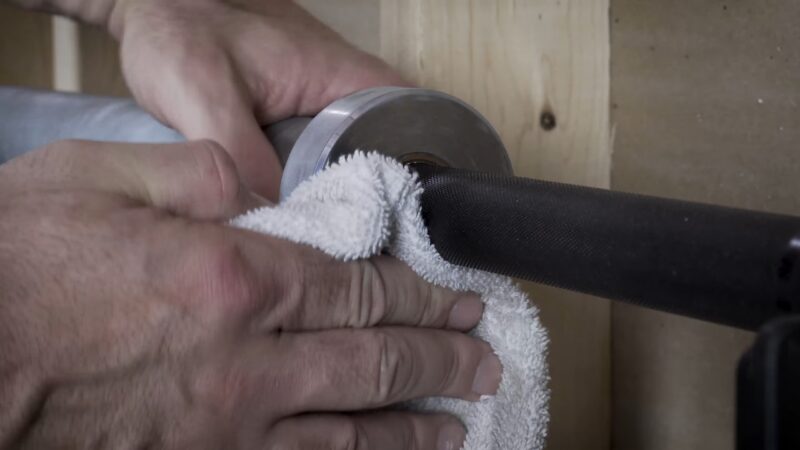
Regularly clean workout equipment, including mats and helmets, to reduce bacterial transfer to the skin.
Gyms and workout facilities often provide disinfectant wipes for this purpose.
Stay Hydrated
Hydration is key for healthy skin. Drinking plenty of water before, during, and after a workout helps flush out toxins and maintain skin health.
The U.S. National Academies of Sciences, Engineering, and Medicine recommends a daily fluid intake of about 3.7 liters for men and 2.7 liters for women.
Proper Diet
A balanced diet rich in antioxidants, omega-3 fatty acids, and low in sugar can help reduce inflammation and support skin health.
A diet rich in fruits, vegetables, and lean proteins is often recommended for overall skin health.
Stress Management
Since stress can exacerbate acne, incorporating stress-reduction techniques like yoga or meditation into your fitness routine can be beneficial.
Chronic stress can trigger acne breakouts by increasing the production of hormones such as cortisol.
Topical Treatments
For those who struggle with persistent post-workout acne, over-the-counter topical treatments containing benzoyl peroxide, salicylic acid, or retinoids can be effective. For more severe cases, consulting a dermatologist for prescription treatments may be necessary.
Regular Exfoliation
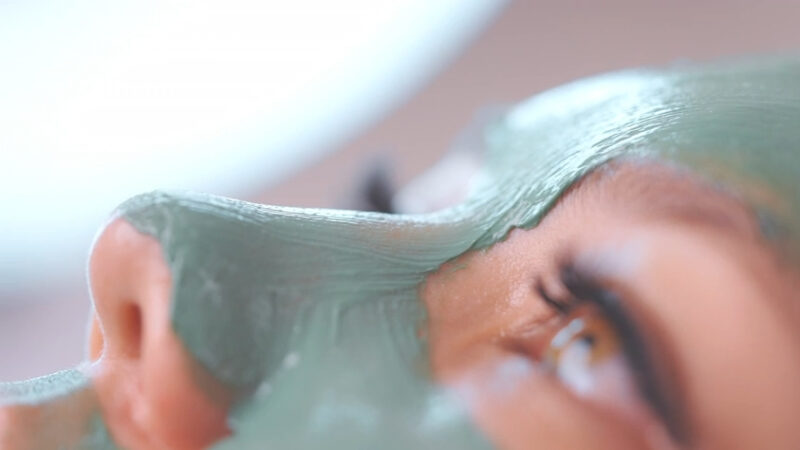
Gentle exfoliation can help remove dead skin cells and prevent clogged pores. However, it’s important not to over-exfoliate, as this can irritate the skin and worsen acne.
Monitor Skin Care Products
Avoid heavy, oily formulations that can clog pores, especially in products applied before a workout.
Consider a Post-Workout Cooling Towel
Using a clean, cooling towel post-workout can help lower skin temperature and reduce sweat, minimizing the chances of sweat-induced acne.
Laundry Hygiene
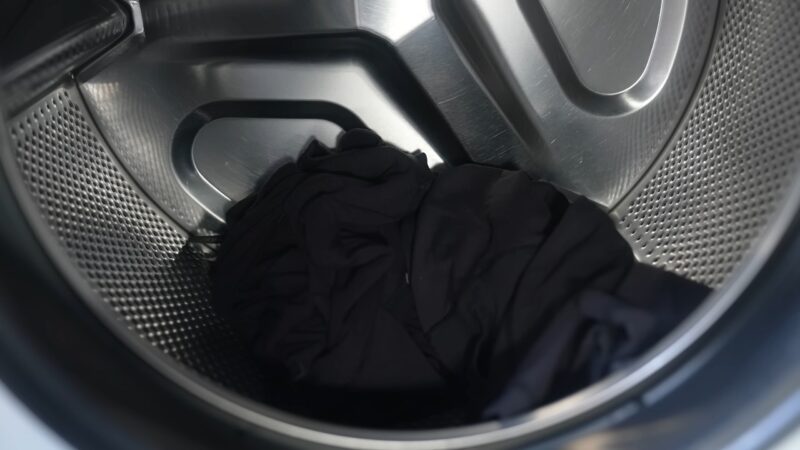
Regularly washing workout clothes and towels can reduce the accumulation of bacteria, skin cells, and oil, all of which can contribute to acne.
Is It True That Muscle Mass Can Also Cause Acne?
While muscle mass itself isn’t a direct cause of acne, several factors associated with the process of muscle building can influence skin health.
Hormonal Fluctuations
One of the key factors in this equation is the role of hormones, particularly androgens like testosterone.
Bodybuilding and intense strength training can increase levels of certain hormones, including testosterone, which can stimulate the sebaceous glands to produce more sebum, an oily substance that lubricates the skin.
Excess sebum production is a primary contributor to acne, as it can lead to clogged pores and bacterial growth.
Dietary Supplements
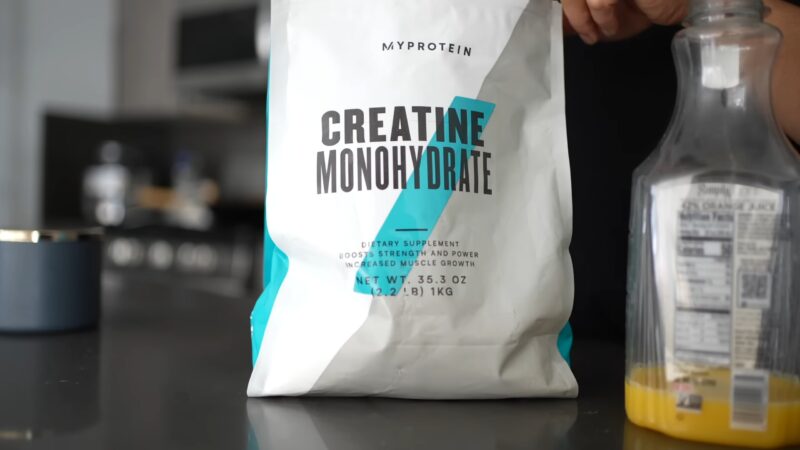
Many athletes and bodybuilders use dietary supplements to enhance muscle growth, such as whey protein and creatine. Some studies suggest that certain supplements, particularly whey protein, may contribute to acne.
This is possibly due to the presence of certain amino acids in whey protein that stimulate the body to produce more insulin-like growth factor 1 (IGF-1), which has been linked to increased sebum production.
Anabolic Steroids
The use of anabolic steroids for muscle enhancement is another factor to consider. Steroids can cause a significant increase in acne, particularly in individuals predisposed to acne. These substances can cause hormonal imbalances and increase oil production in the skin, leading to more severe forms of acne, including cystic acne.
According to Dr Amanda Oakley: “Steroid acne most often affects adolescent or adult patients who have been taking moderate or high doses of oral steroids such as prednisone or dexamethasone for several weeks. They can have a variety of underlying medical conditions.”
Stress and Physical Strain
Intense physical training can be a source of stress for the body. Stress, whether physical or emotional, triggers the release of cortisol, a stress hormone that can indirectly contribute to acne by increasing inflammation and sebum production.
Skin Friction and Sweat
Bodybuilding and strength training often involve the use of equipment and clothing that can cause friction against the skin, leading to a type of acne known as acne mechanica. Additionally, intense workouts increase sweating, which can mix with surface oils and bacteria, exacerbating skin congestion and breakouts.
Nutritional Factors
A diet aimed at building muscle mass might be high in certain foods that are linked to acne. Diets high in dairy, refined carbs, and sugars can potentially exacerbate acne in some individuals.
FAQs
How to avoid acne on testosterone?
Acne on testosterone is caused by increased sebum production and inflammation of the oil glands. You can prevent or reduce it by washing your face regularly, using gentle cleansers and moisturizers, avoiding oily or greasy products, and taking oral or topical antibiotics if needed.
Can creatine cause acne?
There is no scientific evidence that creatine causes acne or makes it worse. Creatine is a natural amino acid that helps your muscles produce energy. However, some people may confuse creatine with steroids, which can cause acne, or experience more sweating and bacteria buildup on the skin due to intense exercise.
Is acne from steroids permanent?
Acne from steroids is not permanent, but it can take some time to clear up after you stop taking steroids. Steroids can cause acne by increasing sebum production, inflammation, and hormonal imbalance. The best way to treat steroid acne is to stop using steroids and consult a dermatologist for appropriate medication and skincare.
What is the safest steroid?
There is no such thing as a completely safe steroid, as all steroids have potential side effects and health risks. However, some steroids are considered less harmful than others, depending on the dosage, duration, and mode of administration. Some of the safest steroids are testosterone, anavar, and primobolan, but they still require proper use and post-cycle therapy.
Summary
The connection between exercise, muscle-building, and acne is influenced by a range of factors, including hormonal fluctuations, diet, supplement use, and skincare practices.
While exercise and muscle development themselves are not direct causes of acne, they can create conditions that may lead to or exacerbate skin problems.

